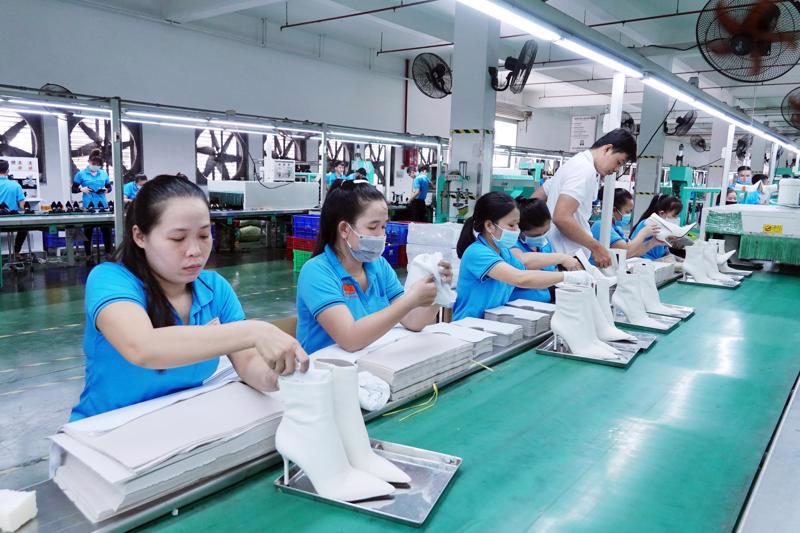A Memorandum of Understanding (MoU) aimed at enhancing the sustainability of Vietnam’s textile, apparel, and footwear industries was signed on September 26 between the Energy Efficiency and Sustainable Development Department at the Ministry of Industry and Trade and the Netherlands’ Sustainable Trade Initiative (IDH).
Under this MoU, both parties will exchange information related to sustainable development, including policies, strategies, action programs, plans, and regulations pertinent to the textile, apparel, cotton, and footwear sectors in Vietnam.
They will also share international experiences and initiatives focused on technological innovation, successful models, and best practices in sustainable production and consumption, energy efficiency and conservation, climate change response, and promoting a circular economy and green growth.
The MoU also aims to enhance capacity building, training, and guidance for businesses and stakeholders regarding policies, technologies, technical solutions, and sustainable models. These efforts are designed to optimize resource and energy use, reduce greenhouse gas emissions, and foster green growth and sustainable development within the textile, apparel, cotton, and footwear industries.
To achieve these goals, a series of activities will be undertaken to communicate and disseminate relevant policies, legal regulations, best practices, case studies, and successful models that promote sustainable production and consumption, energy efficiency, circular economy practices, climate change mitigation, and green growth in these sectors.
One of the anticipated outcomes of this collaboration is the establishment and expansion of a cooperative network that includes associations, businesses, brands, regulatory agencies, and organizations. This network will contribute significantly to the sustainable development of the textile, apparel, cotton, and footwear industries.
Additionally, other sustainable programs will be developed and implemented in line with practical contexts and sustainable development objectives, ensuring compliance with the responsibilities and tasks of each participating party.









 Google translate
Google translate